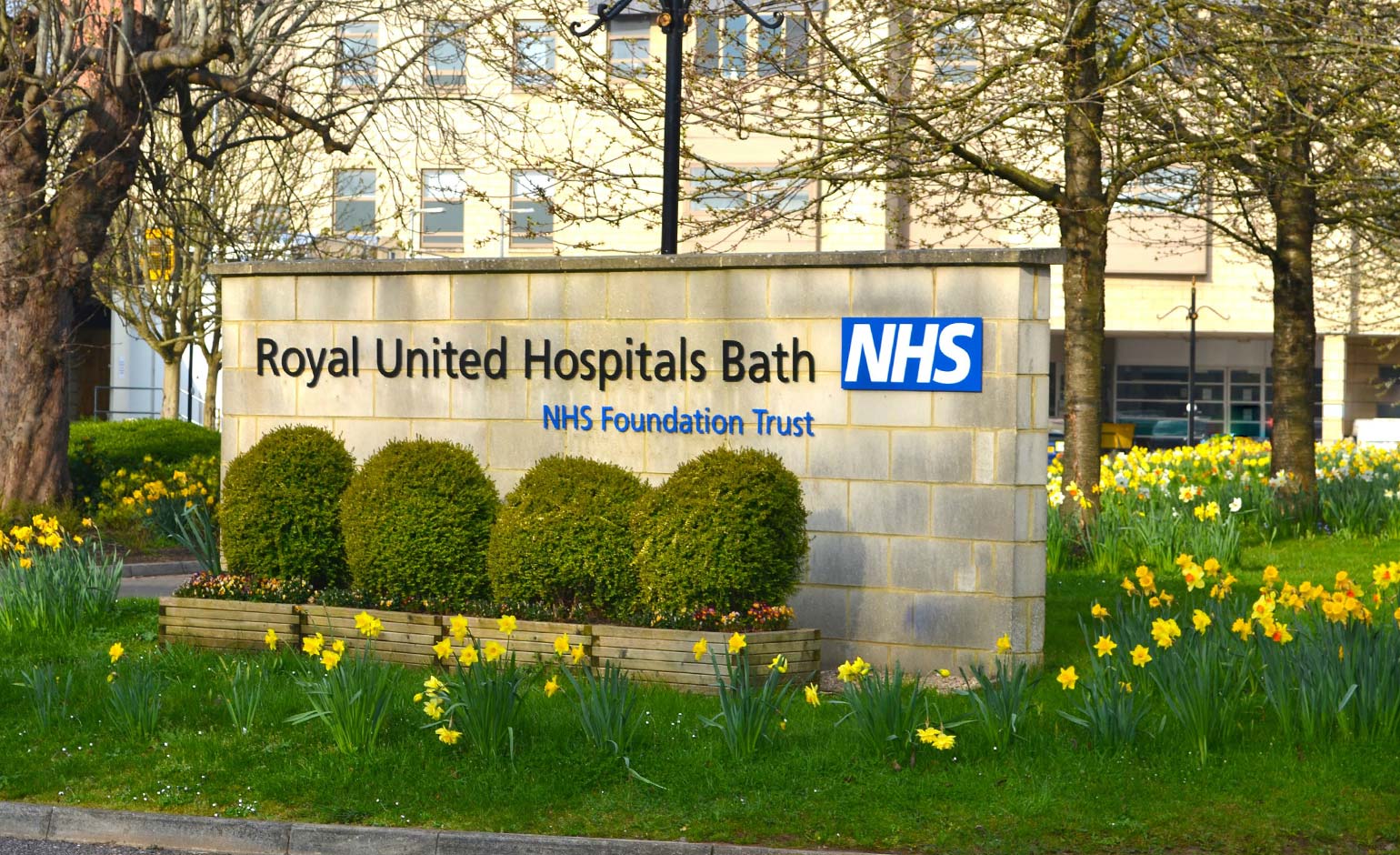Researchers at the Royal United Hospital in Bath have marked International Clinical Trials Day by highlighting the contribution their studies have made to vital COVID-19 research.

Photo courtesy of the RUH
Over the past year, thousands of people across the country have volunteered to help with research against COVID-19.
The life-saving vaccines, treatments and tests that have helped to turn the tide against the pandemic have only been possible thanks to the people who volunteered to be part of research at the RUH and other hospitals up and down the UK.
The RUH has played a key role in these national COVID-19 studies, but research at the RUH Trust goes far beyond COVID-19.
The RUH has a strong reputation for participating in national and worldwide research, with a portfolio of nearly 200 individual research studies that thousands of people take part in each year.
It offers research opportunities to patients across the hospital, in areas including cancer care, maternity, stroke, rheumatology, ageing and many more.
It also supports different types of research, including trials of new medicines and treatments, studies that help to better understand disease progression and even the use of artificial intelligence to analyse scans and images.
Dr Kelly Spencer, Head of Research Operations, said: “The past year has shown what a real difference clinical research can make in treating and preventing disease.
“Participating in clinical research can benefit patients directly, indirectly and also help others in the UK and around the world.
“It also helps to attract and retain high calibre staff and enhances the Trust’s reputation.
“We’re very proud of the wide range of studies we run at the RUH and the impact they have on some of the world’s most dangerous diseases, including COVID-19.
“These trials really make a difference to quality of life for so many people and we’re pleased that we can play our part.”
There are a large number of studies currently underway at the RUH, examples of just a few include:
- PARROT 2 – a study that will determine whether using markers in blood samples from pregnant women with suspected pre-eclampsia can reduce adverse outcomes.
- DROPLET – a study to understand the progression of type 1 diabetes following initial diagnosis in adults.
- BADBIR – a study looking at treatment choices for adults with psoriasis.
- BSR-PsA – British Society for Rheumatology Psoriatic Arthritis Register: a long-term study, which has been set up to investigate the impact of psoriatic arthritis (PsA) on quality of life, and to monitor the effectiveness and safety of treatments.



